
If your refrigerator is making an unusual humming noise, you might get lucky and only need to reorganize your refrigerator so that the air vents are not blocked. Also not too difficult to fix, the compressor or condenser fan may just need to be cleaned to fix the issue. If the humming noise is more serious, the evaporator, condenser, or compressor may need to be replaced.
1. Blocked air vents
Humming from your refrigerator can be caused by items blocking or being too close to the air vents inside the fridge or freezer. If items are blocking the air vents, they can prevent the air from flowing properly, which can cause a humming sound.
If the humming noise is caused by items being too close to the air vents, you can probably open the fridge or freezer and identify the issue. Rearranging your refrigerator, moving items away from the air vents to ensure air can circulate, will resolve the issue.
2. Dirty or failing compressor
The refrigerator’s compressor pushes refrigerant through the condenser and evaporator coils. The compressor makes the humming noise that you hear periodically as the compressor activates, pumping refrigerant through the system, and then shuts off, repeating the cycle numerous times throughout the day.
If the compressor is causing the humming sound, you will likely notice that the humming noise is not constant, as it occurs only when the compressor is operating.
There are two reasons why the compressor would be causing a humming noise: it is failing and may soon need to be replaced, or it could just be dirty and in need of a clean. Replacing a failing compressor is often an expensive and difficult process, so if the humming noise is caused by the compressor, you will likely want it to be because it is dirty and not because it is failing.
The compressor is generally found behind the rear access panel, at the back of the refrigerator.
Follow these steps to clean the compressor:
- Unplug the refrigerator or disconnect the power in your home’s electrical panel.
- Move the refrigerator out so that you can access its rear access panel. Get someone to help you move the refrigerator, as it can be dangerous to move by yourself.
- Use a screwdriver to remove the rear access panel.
- Use a soft brush or cloth to clean the dust and dirt off the compressor and its surrounding components. A vacuum attachment could also be used, but be careful not to damage any components.
If the compressor is failing, you would have noticed it become louder to the point that it is very distracting and not the normal hum you barely notice when it is working correctly. A failing compressor may also make a single loud knocking sound as it begins to pump refrigerant, sometimes repeating the noise when it shuts off.
While an overly noisy compressor means that it is failing, compressors can last for many years after they become noisy. It will come down to how long you can tolerate the noise before you decide to replace it or buy a new refrigerator.
Testing and repairing or replacing the compressor is best left to a trained compressor technician, as it can be a difficult and dangerous procedure.
3. Damaged condenser fan
If you followed the instructions above to check the compressor, you would have noticed the condenser fan that is usually located next to the compressor.
The condenser fan circulates in outside air to cool the condenser coils and the compressor.
Like the compressor, when the condenser fan is dirty, it can also cause the refrigerator to make an unusual humming sound. Cleaning the condenser fan with a soft brush or cloth may solve your humming noise issue.
The other situation when the condenser fan may be causing the humming sound is if the fan is damaged or not secured.
If the condenser is damaged, the blade can usually be pulled off and replaced relatively cheaply. Check the grommet as well and replace if defective.
If the fan blade is not defective, the condenser fan motor may be causing the humming noise. With time, the bearings inside the condenser fan motor can wear and tear, causing loud refrigerator noise. A bad condenser fan motor usually makes more of a grinding sound, but it should be easy to recognize that the evaporator motor is causing the humming noise once you have removed the rear access panel.
If you find the noise is coming from the condenser motor, the condenser motor will need to be replaced to resolve the issue.
Follow these instructions to check the condenser fan:
- Unplug the refrigerator or disconnect the power in your home’s electrical panel.
- Unscrew the rear access panel to locate the condenser fan.
- Check the blade for damage or obstructions.
- Rotate the fan blade. If it doesn’t turn easily, the motor is likely defective and needs to be replaced.
- Check the fan motor grommet for signs of wear and tear. Replace a worn-out grommet.
- Clean the condenser fan.
4. Defective evaporator
If the humming noise seems to be coming from the freezer, and it is not because items are blocking the vents or evaporator fan, the evaporator may be the source of the problem.
The refrigerator evaporator fan draws air across the evaporator coils, circulating cool air throughout the refrigerator.
The evaporator may be causing a humming sound because it is defective, its grommet has worn, it is obstructed, or the fan blade is damaged. Sometimes, the evaporator motor may also make noises due to ice buildup on the motor. If there is too much ice buildup, defrost the ice to see if it fixes the problem.
The evaporator is usually visible from inside the freezer and can be accessed by removing its cover or access panel. The evaporator fan may be connected to a thermistor, so take care when attempting to access it.
Follow these steps to check the evaporator fan blade:
- Determine if the noise is caused by the evaporator.
- If you need to access the evaporator, disconnect the power before removing the access panel or cover.
- Check the fan blade for damage, whether it can turn freely, and if the blade is obstructed.
- Check that the fan grommet is in good condition.
- Examine the motor for signs of damage and wear and tear.
- Try rotating the motor shaft manually. If you can’t easily turn it, it likely needs replacing.
Replace the evaporator fan or motor if either is damaged or not working properly.
Other causes
- Check that the ice maker is not defective and causing the humming noise (if your refrigerator has one).
- Check for a defective defrost timer.
- Check that the refrigerator is level, as an unbalanced refrigerator can cause refrigerator noise.
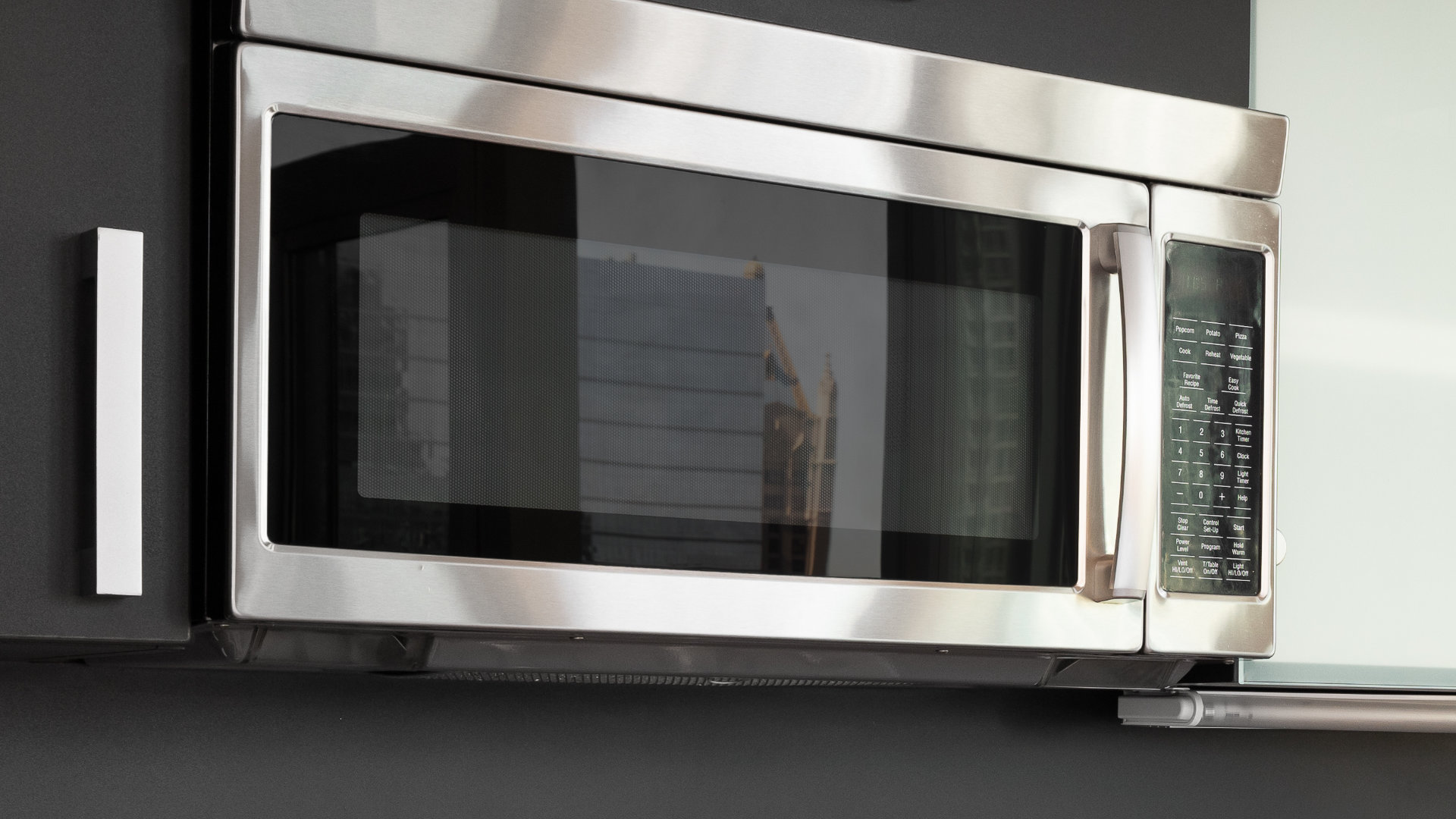
Your Guide to Whirlpool Microwave Replacement Parts
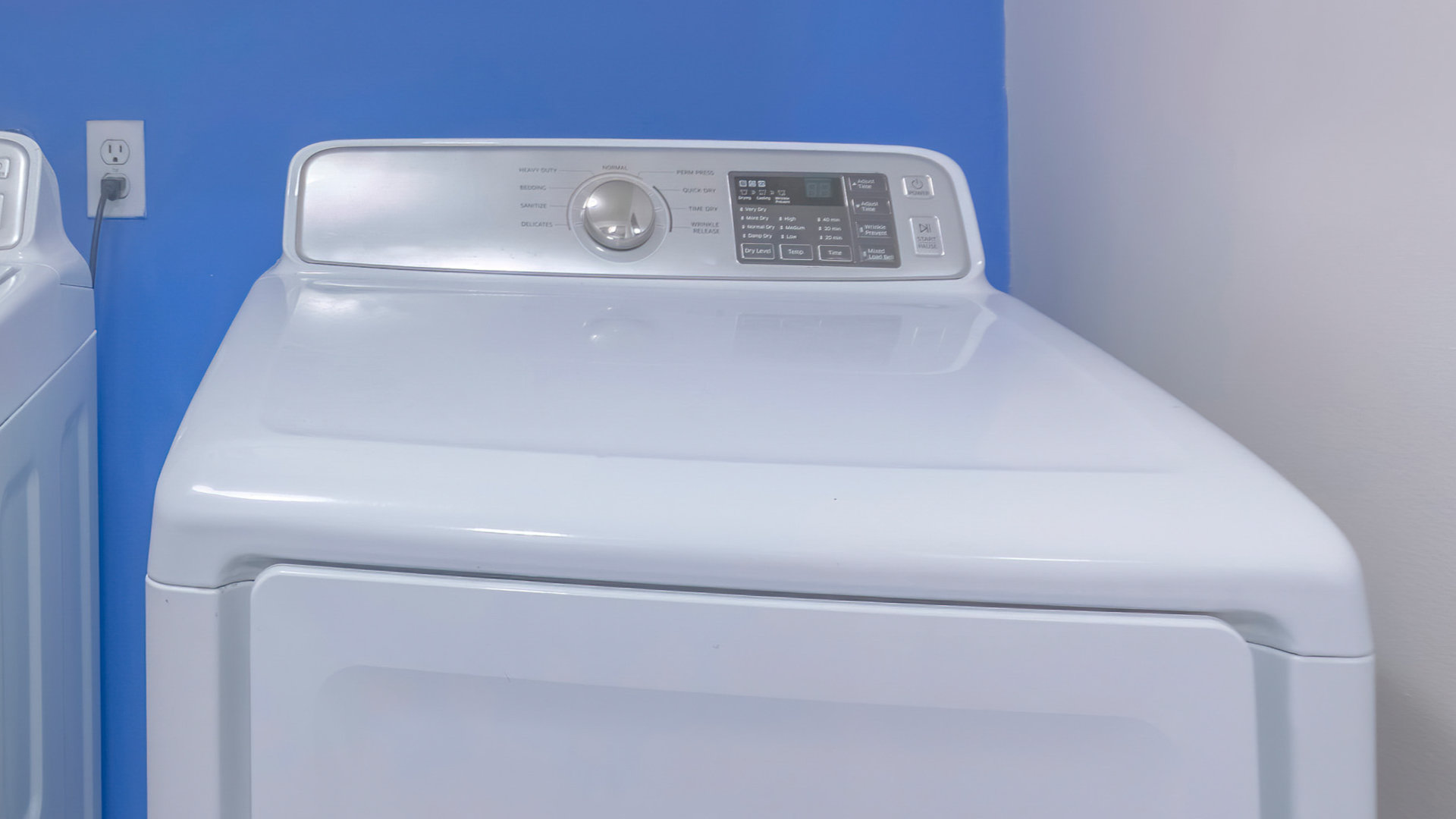
What to Do When Your Kenmore Dryer Won’t Start
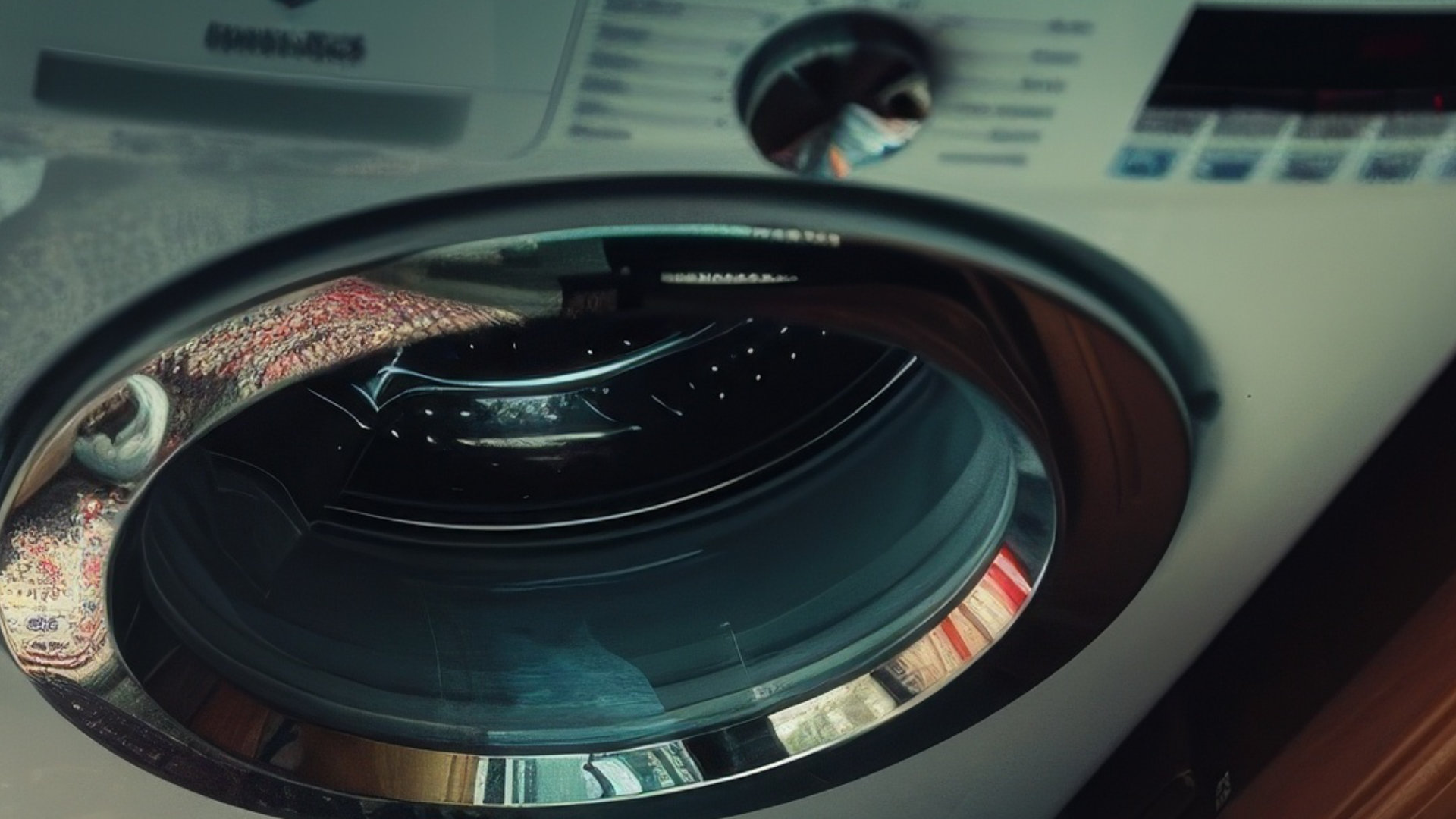
How to Resolve the LG Washer LE Error Code
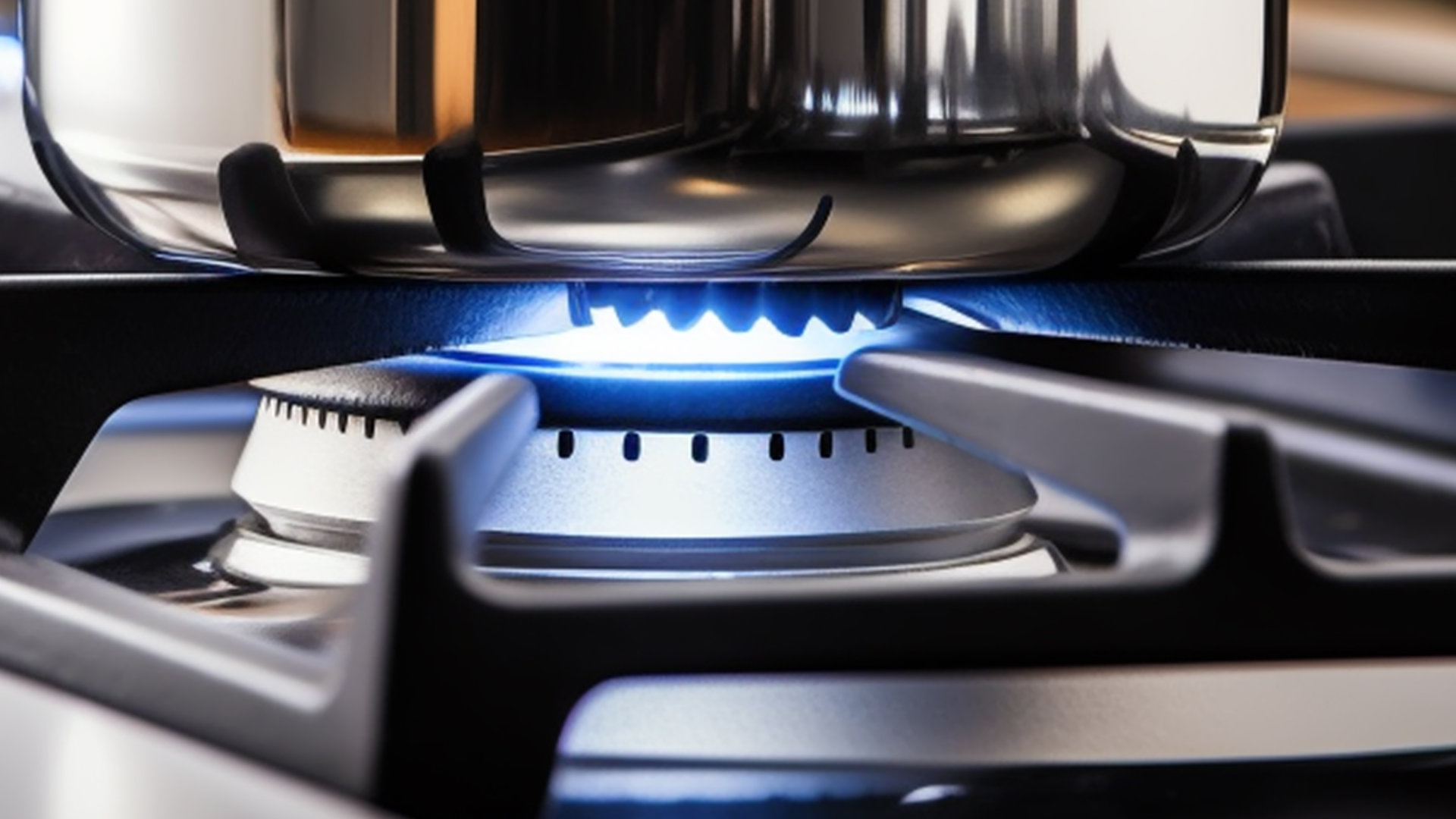
Why Does My Oven Smell Like Gas? Causes and What to Do
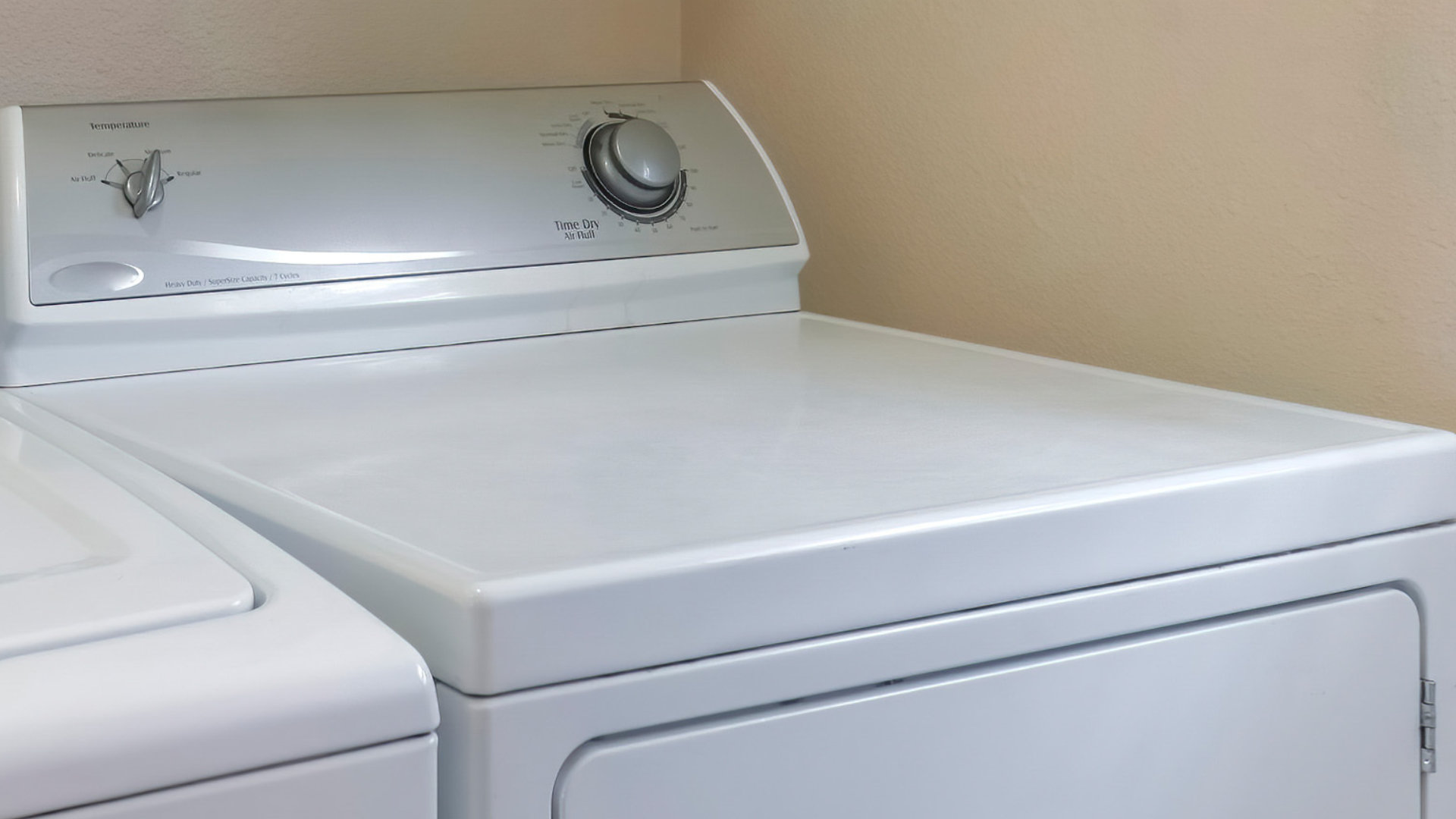
Maytag Dryer Not Heating? Here’s How to Fix It
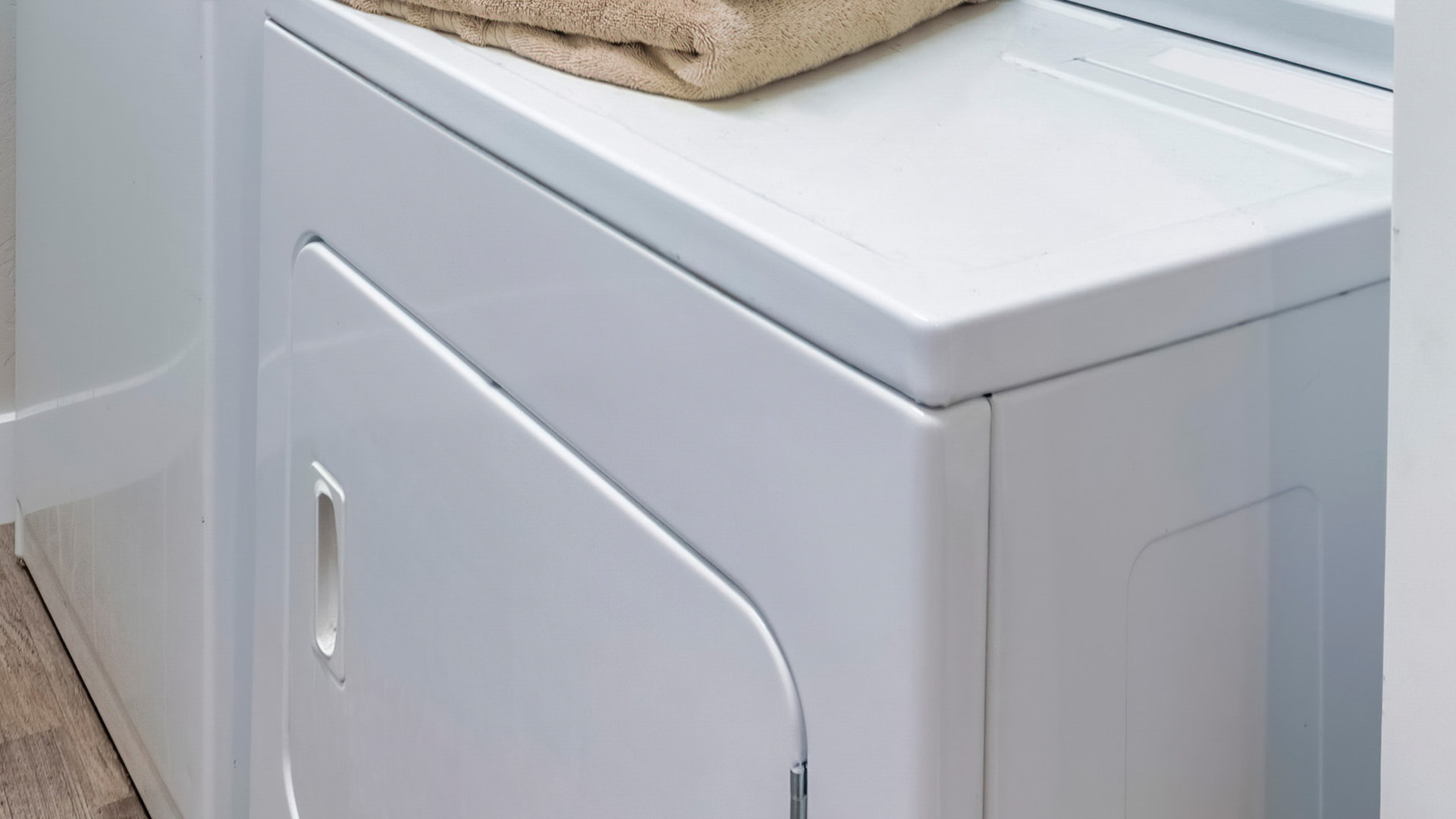
6 Common Reasons Your Speed Queen Dryer Isn’t Heating
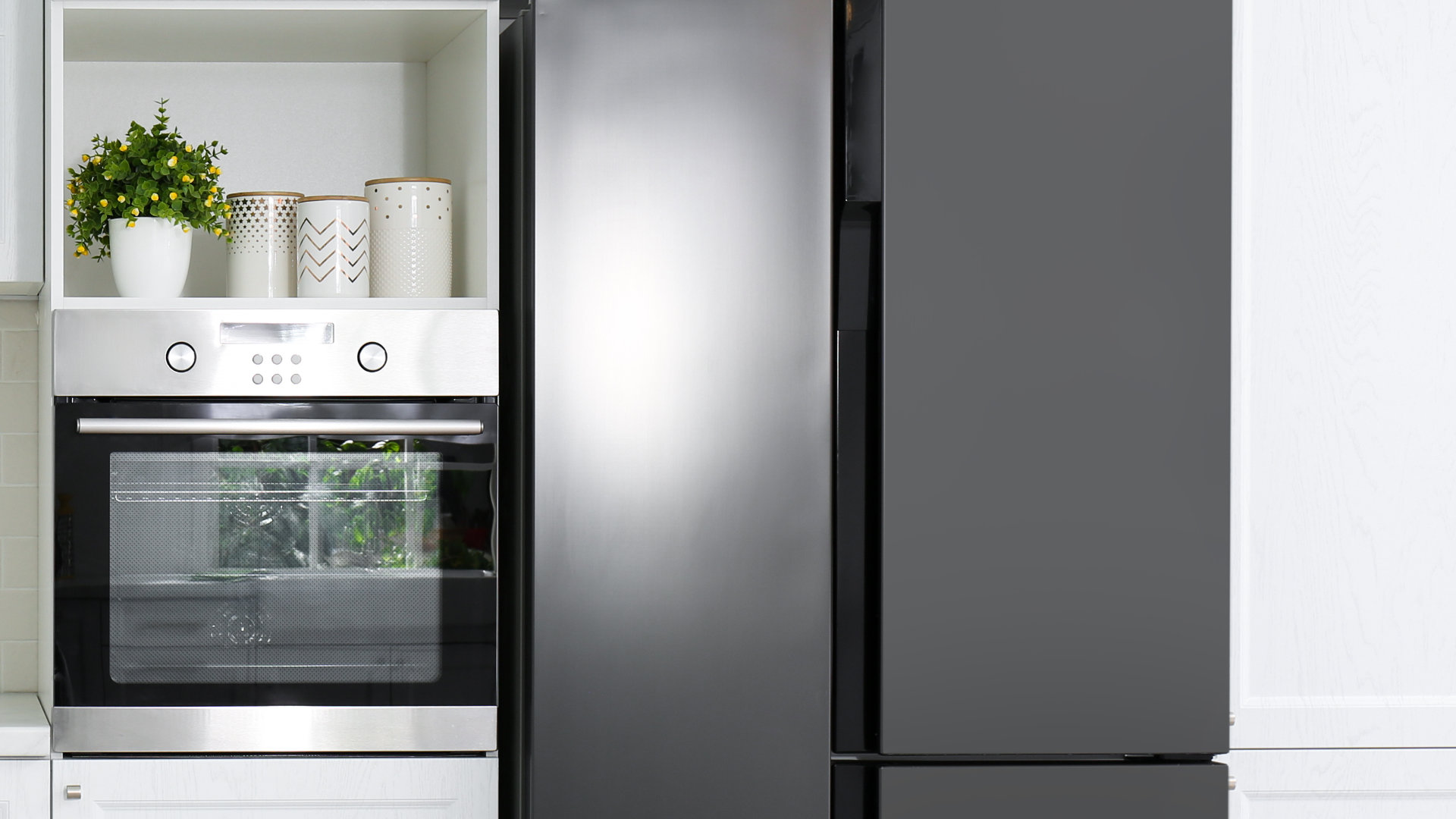
8 Reasons Your Samsung Refrigerator Is Not Cooling
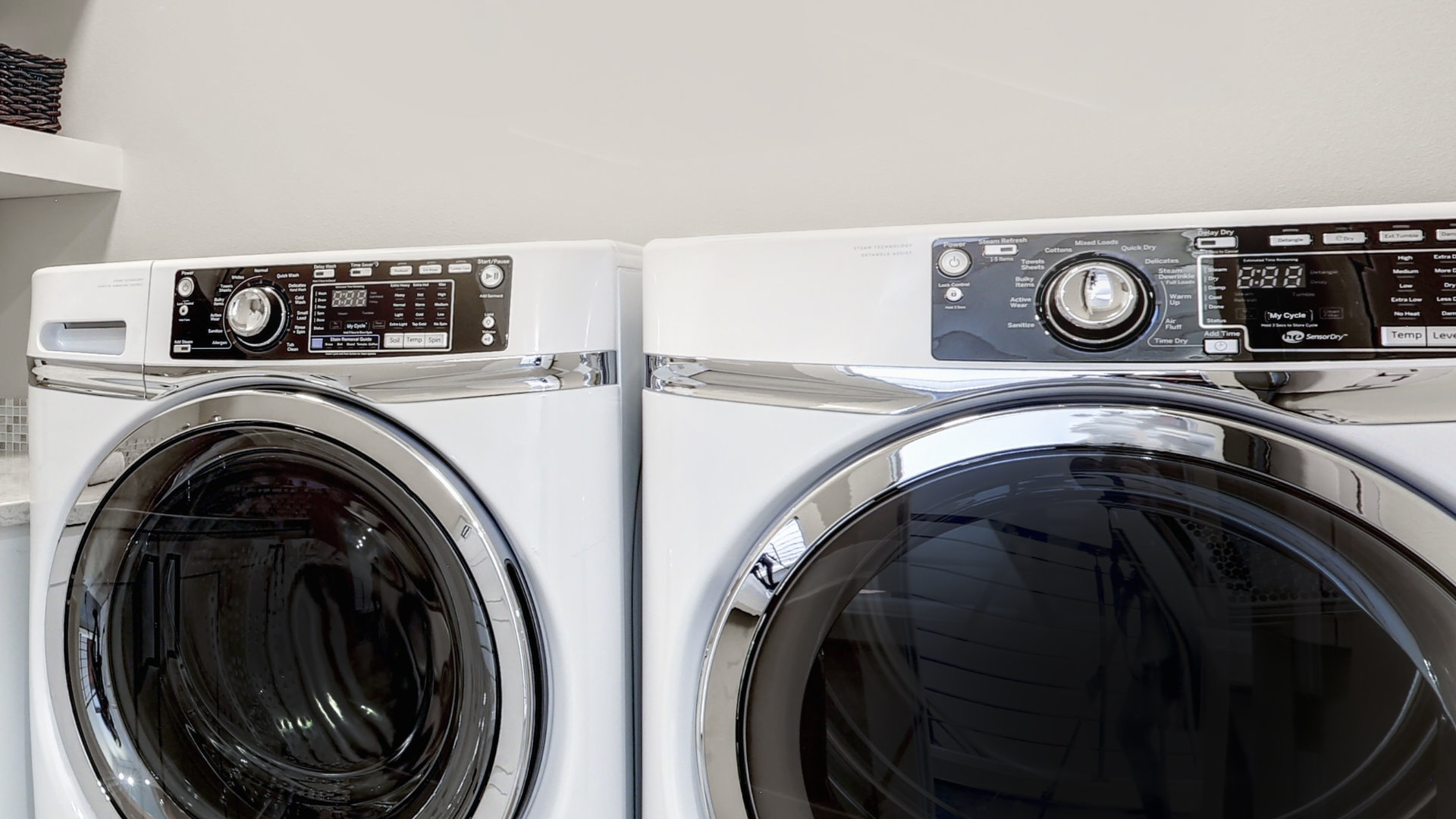
9 Most Reliable Washer and Dryer Brands

How to Get Ink out of Your Dryer the Easy Way

Why Is My Fridge Making Noise That Stops When the Door Is Open?

Frigidaire Refrigerator Error Code H1: Causes & Solutions
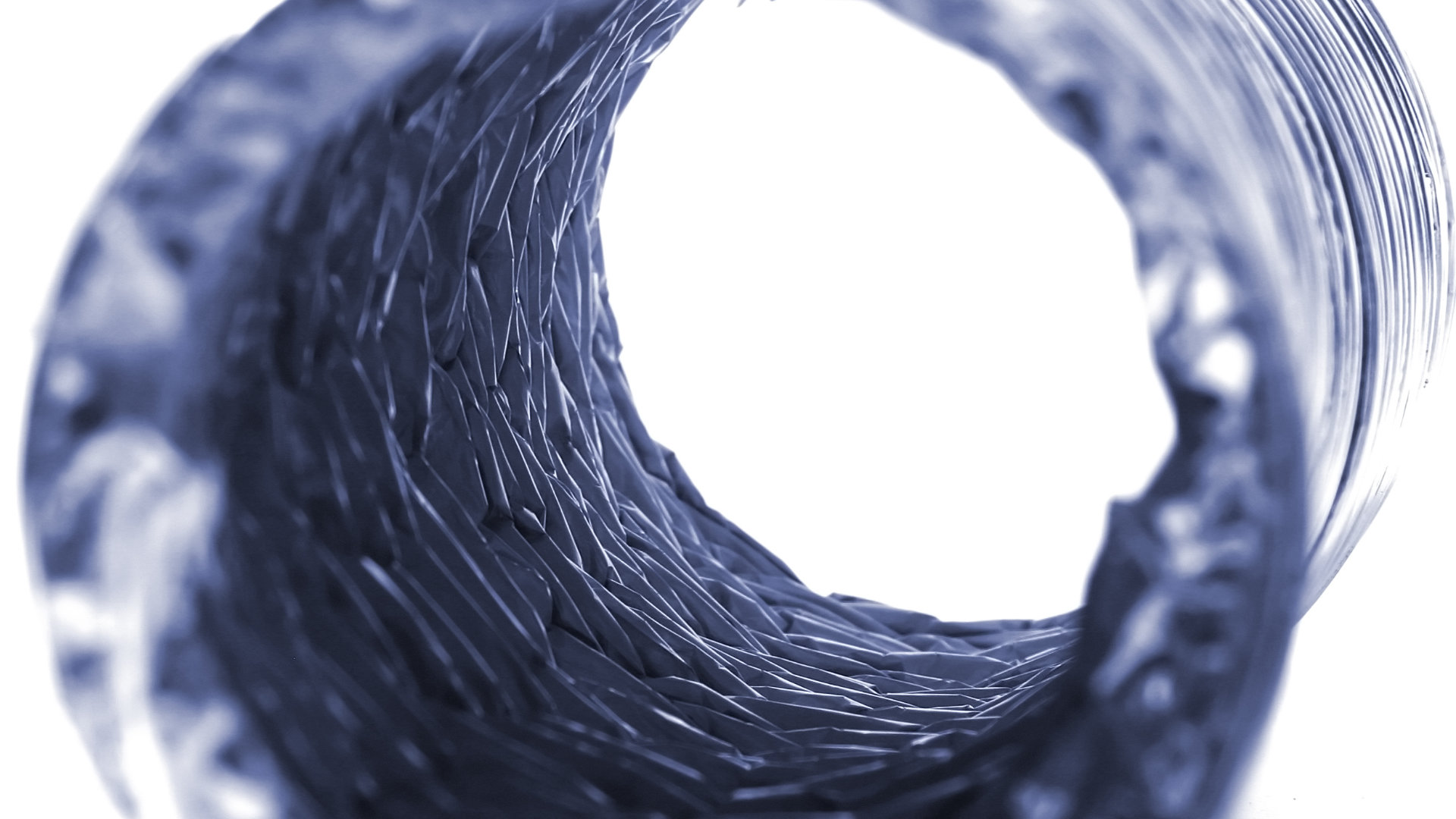
How to Clean a Dryer Vent Without Moving the Dryer
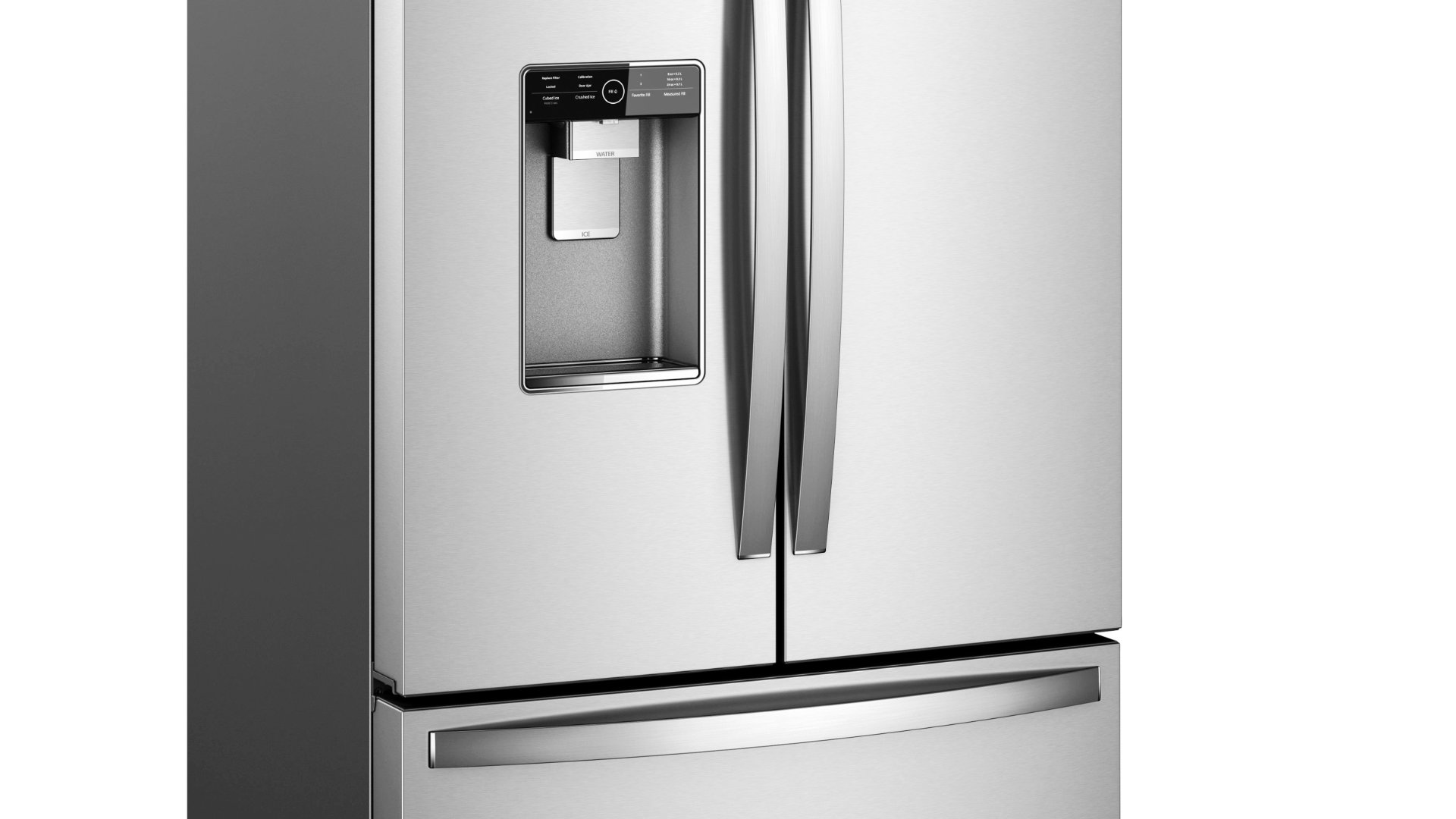
9 Reasons Your LG Refrigerator Isn’t Cooling
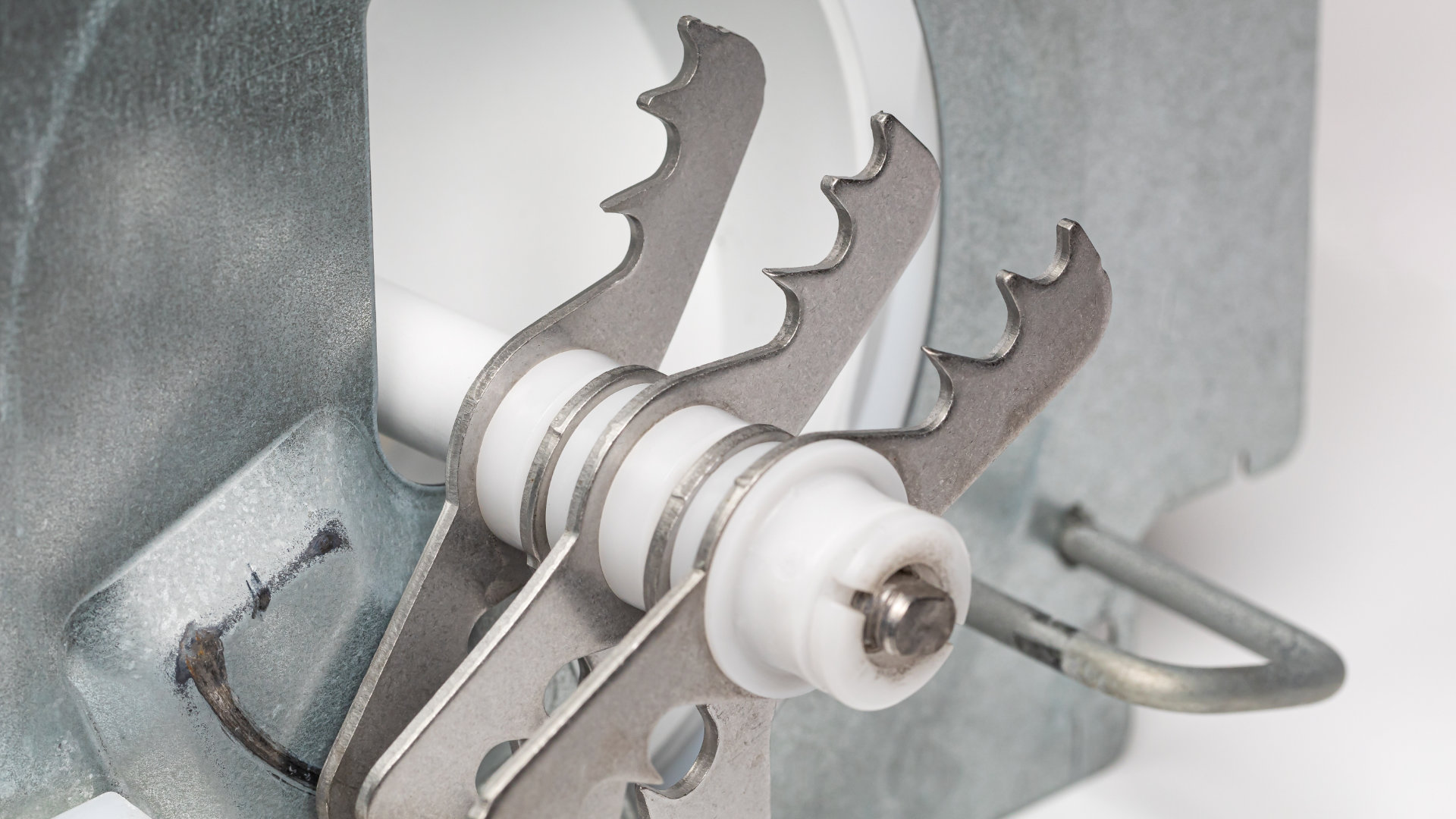
LG Refrigerator Not Making Ice? Here’s What To Do!


